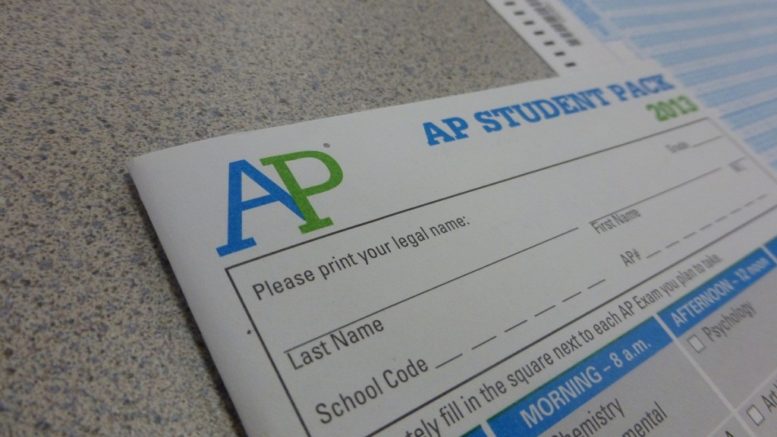As AP scores begin to come out, students many look back and wonder if the cost of registering for the exam was worth it. It costs $98 to register for each subject area test, and some students take multiple exams. The costs are even larger should a student register past Westhill’s deadline of February 25th. On top of this cost, those who do not meet the Westhill’s deadline for registration are charged an extra $10 by Westhill Guidance department.
The origin of the $10 late fee is unclear. Neither Ms. Deluca or Ms. Figluizzi were unable to recall how the fee was created. The fee is unique to Westhill, as other high schools in our district do not have a similar fee. The Westword spoke to several AP teachers about the fee. Some teachers said that the fee was a good thing because it teaches responsibility and it shouldn’t be an issue. “It causes an inconvenience to the counselors to order late. There’s no reason that a student shouldn’t be able to register for an exam on time,” said Mr. Sarkar, an AP Computer Science Principles teacher. Ms. Tintle, who teaches AP Psychology, and Ms. English, who teaches AP Human Geography, agreed that the fee shouldn’t be an issue as long as it operates as an incentive for students to register on time.
According to Ms. DeLuca, the head of the Guidance Department, the money from the fee goes into an “AP Fund” that helps to pay for extra exams that are ordered for students who register late. Ms. DeLuca estimates the number of students in each subject area that might register late and she orders tests to accommodate for these potential late registrants. While many of these students do end up taking the exam, some do not and those unused exams must be returned to College Board. For example, according to the College Board shipment documents 20 AP Computer Science tests were ordered while 3 tests were left unused. Ms. DeLuca said that the cost of each unused exam is $15, however, when the tests are received by College Board, Westhill receives an $8 refund per exam. The late fee that is issued to students is used to cover the $7 gap between the cost of each unused exam and College Board’s refund. Potentially, the late fees assessed by the Guidance Department will cover the $7 gap for unused exams, however, Ms. Deluca said this is not always the case. “Sometimes there is no money left over [to cover the gap],” Ms. DeLuca said, in which case, the deficit is covered by the school’s general fund.
Some students disagree with the fee. “No, I don’t think that it’s fair. Students already have a lot on their plates and meeting a deadline is harder when you don’t visit the office every day. Plus the test is already expensive,” said Sam Hamilton (18’).
Whether or not students agree with the fee, Guidance maintains that it is an effective way to allow more students to take the test, as it allows Ms. DeLuca to order extra exams for latecomers.





